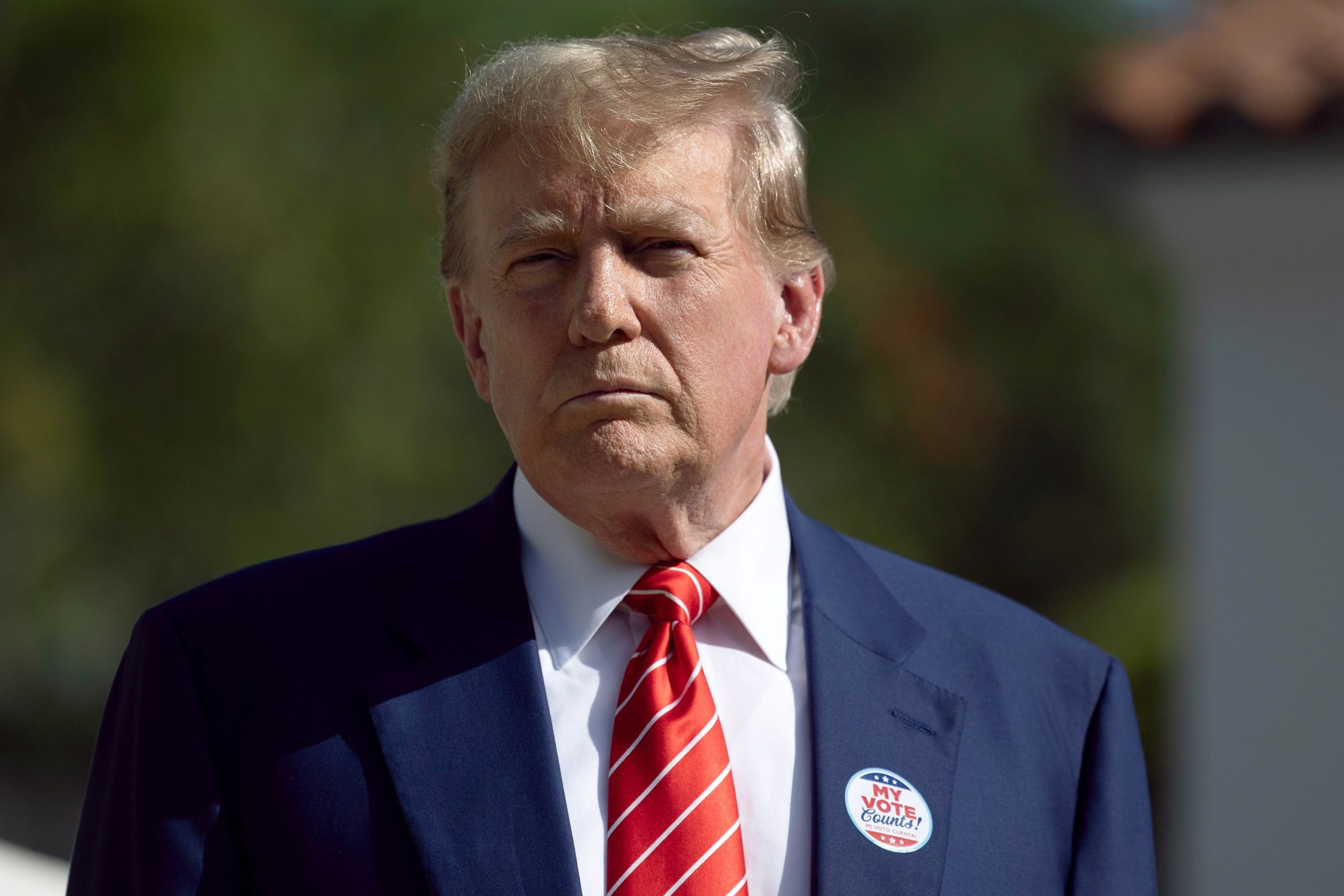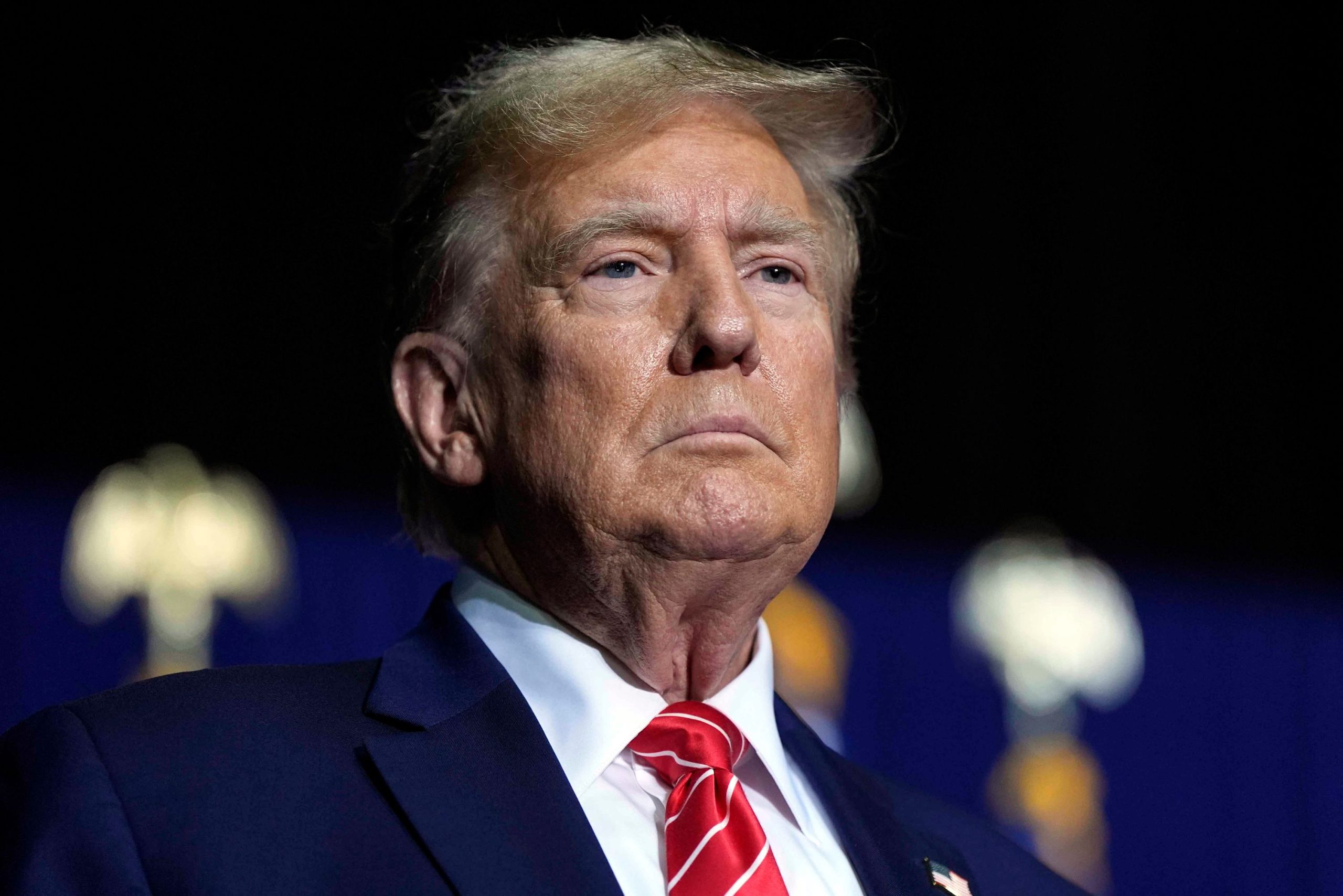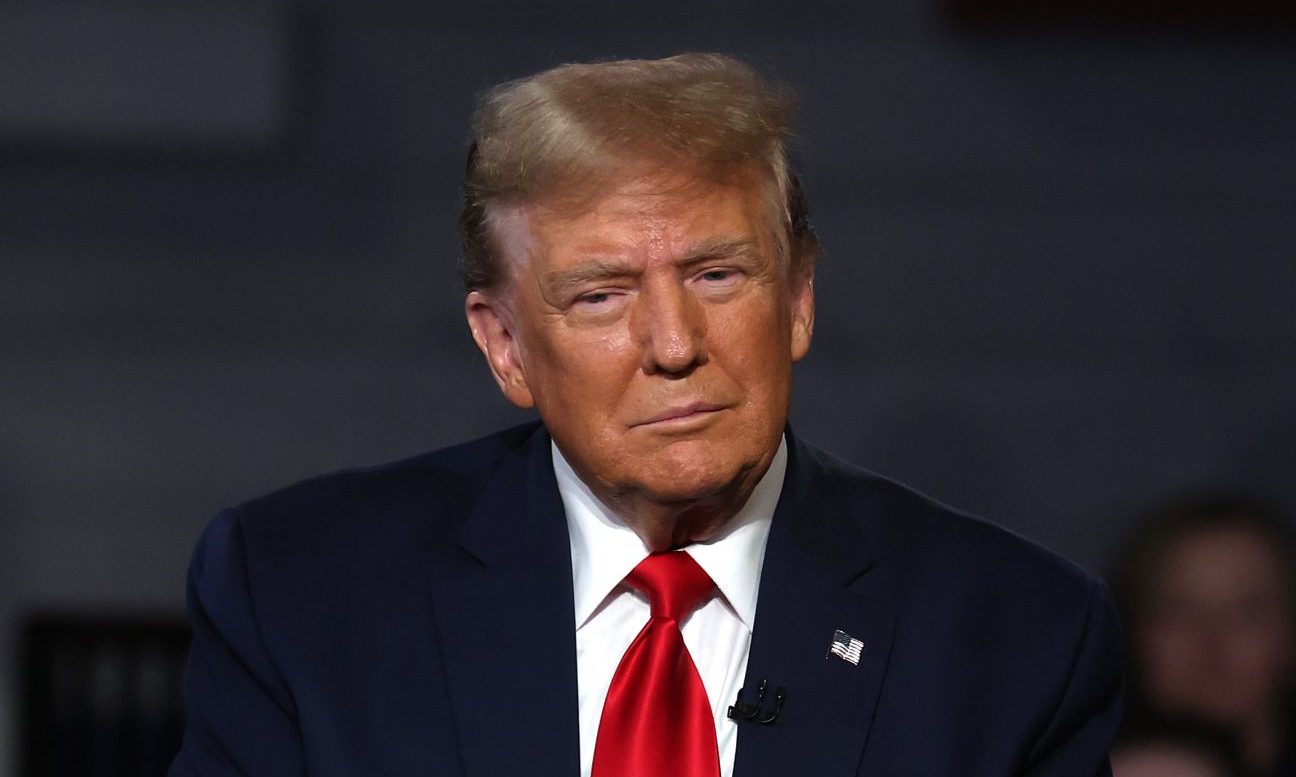The New York attorney general’s recent legal maneuvers suggest that Donald Trump may soon face the prospect of relinquishing some of his cherished assets. Filings made in Westchester County indicate a targeted approach towards Trump’s private Seven Springs estate and golf course, a move that signifies a potential seizure by the state.
The implications of these judgments, which landed at the clerk’s office on March 6, extend beyond mere legal proceedings. They signal a significant dent in Trump’s persona as a high-flying billionaire.
Moreover, the state has avenues beyond asset seizure. It can impose liens on properties or pursue foreclosure actions against Trump’s holdings. Should the state proceed with the seizure, subsequent legal steps will unfold within the court system.

Donald Trump (Credits: CNN)
Notably, the judgment was entered in New York City, where Trump holds numerous properties, including Trump Tower, 40 Wall Street, and several residential buildings.
These legal actions have been accelerated following Judge Arthur Engoron’s ruling, which mandated a $464 million bond in Trump’s civil fraud case—a sum he is currently struggling to raise. This ruling implicates not only Trump but also the Trump Organization and his sons, Eric and Donald Trump Jr.
Efforts to secure the required bond have proven futile for Trump’s legal team. Despite approaching 30 underwriters, none were willing to back such a substantial bond. Trump’s lawyers cited the monumental figure and its implications, expressing the difficulty in finding bonding companies willing to consider such an amount.
With the deadline for the bond looming at the end of the month, Trump finds himself in a precarious financial position. Not only must he source funds for his legal battles, but he also faces mounting expenses for his presidential campaign.

Donald Trump (Credits: CNN)
The window for compliance is narrowing, leaving Trump with a mere four days to fulfill the financial obligations or seek relief through the appeals process. There’s a possibility of appealing for a reduced amount or deferring payment until after the appeal concludes.
In response to these legal challenges, Trump took to social media platform Truth Social to lament the exorbitant cost of the required bond. He emphasized the impracticality of securing such a significant sum through bonding companies.
Despite the legal maneuvers, the process of seizing Trump’s assets is anticipated to be protracted and intricate. The complex organizational structure of his businesses presents hurdles for the state, as Trump’s ownership is not always straightforward on paper.
Nikos Passas, a professor of criminology, highlighted the complexities involved, noting that Trump’s intricate business arrangements could impede swift resolutions. The prolonged legal battle and potential asset seizure pose significant risks to Trump’s brand and financial standing.
Ultimately, amidst the legal turmoil, the question looms: will Donald Trump emerge from these challenges with his billionaire status intact?























